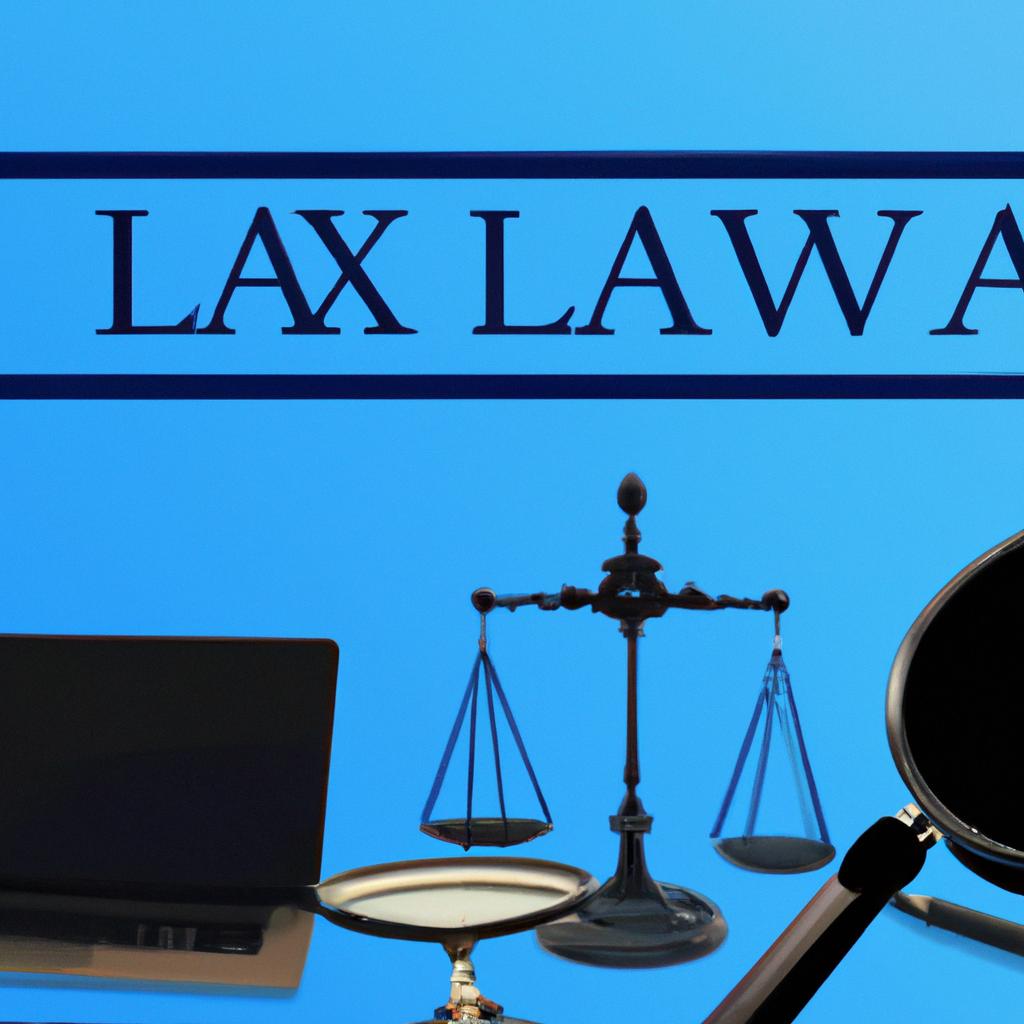Understanding Legal Jargon: An Essential Guide for Beginners to Navigate the Law in New York State
If you’ve ever felt like you’re deciphering a secret code while reading legal documents, you’re not alone. Legal jargon or “legalese” can often be complex and intimidating. Yet, a basic understanding of these terms is important to successfully navigate legal situations. At Morgan Legal Group in New York City, we believe in empowering our clients with knowledge. That’s why we’re here to help demystify common legal terminology and provide you with a beginner’s guide to understanding legal jargon.
What is Legal Jargon?
Legal jargon, also known as “legalese”, is a distinct language used by legal professionals. It is characterized by complex sentences, formal vocabulary, and specific terms that intimately pertain to the law. This language ensures precision in legal documents, but it can often be challenging for those not accustomed to it.
Beginner’s Glossary: Decoding Common Legal Terms
Understanding a few common legal terms can help provide an easier entry point into legal discussions. Here are some law terms commonly used in New York State:
| Legal Term | Definition |
|---|---|
| Due Process | The legal requirement that the state must respect all legal rights that are owed to a person. |
| Plaintiff | The person who initiates a lawsuit against another party. |
| Defendant | The individual, company, or institution sued or accused in a court of law. |
| Tort | A wrongful act or an infringement of a right leading to legal liability. |
Legal Language in Context
Context is key when it comes to legal language. For example, “motion” implies physical movement in general language, but in legal terms, it refers to a request made by a party to a judge for a specific ruling or order. Similarly, “capacity” may indicate size or volume, but legally, it refers to an individual’s competency to enter into a contract, execute a will, or perform other legal tasks.
As a leading law firm based in New York City, Morgan Legal Group recommends consulting with a legal professional to accurately interpret legal language in specific contexts.
Making Sense of Legal Documents
Legal documents can be riddled with jargon, making them tricky to understand. It’s important to familiarize yourself with terms like affidavit, deposition, pleading, subpoena, or summons. When reviewing legal documents, we recommend taking your time to perform a line-by-line review. Seek expert help when required.
Conclusion
Understanding legal jargon is the first step towards ensuring your rights are protected and your legal responsibilities are met. While this guide provides an introduction, it’s always beneficial to seek professional advice. At Morgan Legal Group, our experienced lawyers are ready to help you navigate the complexities of New York State law, breaking it down into digestible terms. Remember, you have the right to understand – not just hear – the law!




